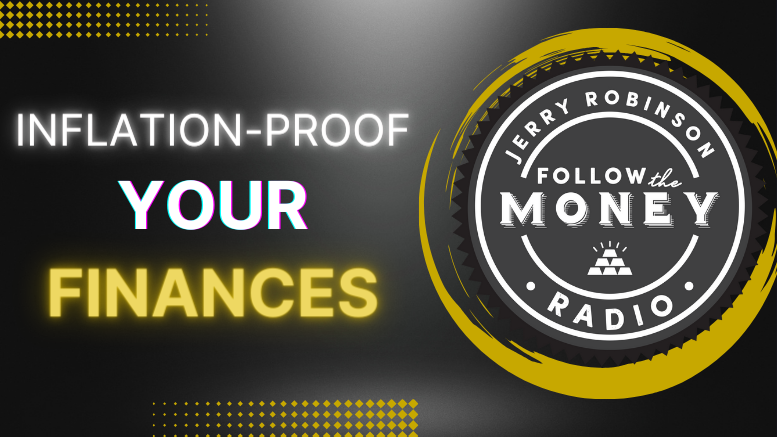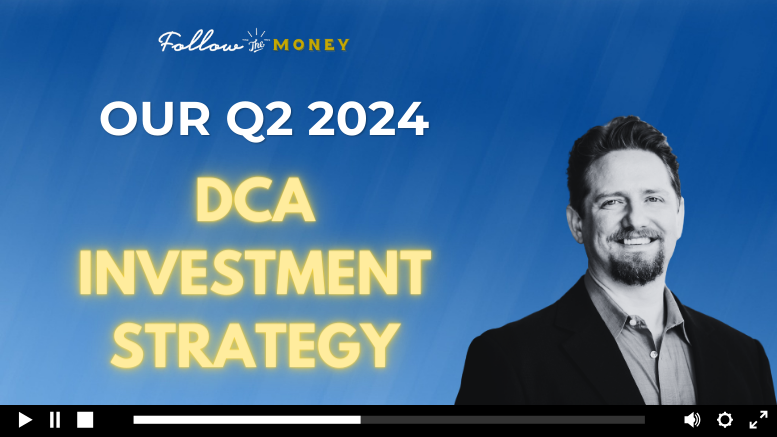(Editor’s Note: Marcus has been a student of our Five Levels of Financial Freedom for the last two years and has heavily researched the Iraqi Dinar currency.)
by Marcus Curtis | FTMDaily Contributing Writer
Apr 29 – Investing in a foreign currency can protect you from the falling dollar and there are several currencies that provide great investment opportunities. The real question is, “Which currencies are safe?” There are pros and cons to any currency investment. Whether you invest to protect your wealth or to make a profit, it is important to remember that investing in foreign currency can be a high-risk venture. You could make a lot of money – or you could lose a lot of money.
I spent the last year studying how different currencies are affected by local economies and what happens to those countries during periods of hyperinflation. Redenomination is a common practice to help control inflation. A redenomination is the printing of new currency to replace all other currency in circulation in that country. Typically, a redenomination comes as a result of a government printing way too much currency. Many nations have tried this approach. Zimbabwe tried this a few times before they abandoned their dollar. Russia’s rubble collapsed 6 times. In fact, there have been over 43 instances of redenomination of fiat currencies around the world in the last 100 years. While a redenomination is primarily used as a means to control or stop hyperinflation, there are a few times when a redenomination happened because of war.
When Iraq invaded Kuwait, they broke into the Kuwaiti Central Bank and stole their entire supply of Kuwaiti dinar. After the War, Kuwait began to recover and restructure again. They redenominated their currency, making null and void the currency that Saddam had stolen. At one point you could buy one Kuwaiti dinar for 5 cents. Now one Kuwaiti dinar is worth well over 3.00. Many people profited from the exchange; in fact, thousands of dollars were made when this currency increased in value.
Germany redenominated their currency after World War II. The Marshal Plan rebuilt Europe and it was at this time that the International Monetary Fund, World Bank, and World Trade Organization emerged. Germany was allowed to redenominate their currency because of the new government that was established after the war. Many people profited from this currency exchange as well.
And now, we are watching Iraq emerge and rebuild. In the fall of 2003, a new Iraqi dinar was issued. People were given three months to exchange the old dinar for the new one. By 2004, the last of the old dinar was taken out of circulation. The new constitution for Iraq established a central bank, independent from the government, that has the sole power to establish the rate of exchange for the currency. In 2004, you could buy 4,000 Iraqi dinars for $1.00. Today, and for the last three years, the rate is 1170 dinars for $1.00. This currency is pegged against the dollar, and even though the dollar has been falling, this rate of exchange has remained unchanged. Some have called this the “dirty float”, because it should have gone up over the last year in direct relation to the falling dollar. However, this has not happened because it is not actually a “floating” rate. It is a controlled rate.
Iraq is currently trying to become a member of the World Trade Organization and one of the requirements for membership is that the nation must have a viable, tradable currency. Since they were removed from the OFAC (Office of Foreign Assets Control) list in September, Iraq has been trying to set up an electronic banking structure and now have their swift codes. Although most of the sanctions against Iraq were lifted in December, they were not allowed to sell their oil directly when the sanctions were in place. During that time, a fund was established for Iraq, called the Development Funds for Iraq (or DFI fund), to hold the money Iraq received for selling their oil after Saddam’s overthrow. Since they were not allowed to collect this money because of the sanctions, it was set aside, on behalf of Iraq, in accounts all around the world. This money will be used for rebuilding Iraq’s infrastructure. Currently, there is somewhere around $280 billion in this fund. Compare that to Iraq’s average annual budget of the equivalent of $65 billion US dollars. This money will be released to them at the end of June, and finalizes the lifting of the sanctions against Iraq.
While Iraq continues to make progress, many people speculate that there will be a revaluation of their currency. In that region, the lowest priced currency of an oil producing country belongs to Saudi Arabia, which is currently around 24 cents. Many people speculate that the Iraqi dinar will rise in value, much like what happened in Kuwait and Germany. Right now, 100,000 dinar will cost you about $164.00. If the Iraqi dinar rises to a rate of 10 cents, you would be sitting on $10,000. Keep in mind that this is a high-risk investment and there are no guarantees. However, it could be interesting to purchase about 250,000 dinars, for a total out-of-pocket expense of $300.00, just to see what will happen. As a general rule of thumb, don’t invest more than you are willing to lose. This is primarily because of the risk factor. I prefer to keep the investment low and the potential return high, rather than to invest a lot of money and lose everything.
Iraq has also been fighting dollarization, which is defined as two or more currencies in circulation in one nation. The two main currencies in Iraq are the dollar and the dinar. Iraq has been trying to remove the US dollar from circulation via its currency auctions. This information is available on the Central Bank of Iraq’s website. So the dinar does compete with the dollar. There was a study done in March of 2010 by the ministry of planning. They concluded that, in order for the dinar to compete in open markets and compete with the dollar, it would need to rise to a rate of $1.13. Here is the document.
http://www.mop.gov.iq/mop/index.jsp?sid=1&id=308&pid=295&lng=en
http://en.wikipedia.org/wiki/Dollarization
So you see this investment has potential. There is debate about Iraq’s intention to revalue its currency. Some say that Iraq will do this through another redenomination. Others claim that this is not the case, because Iraq’s claim to remove the currency with three zeros only addresses the higher denominations. In order for a redenomination to take place, Iraq would need to remove all currency, not just the notes with three zeros. They are simply saying that they will withdraw from circulation the currencies that contain three zeros, once the lower denominations are in place, which will raise the value of the dinar. You must know that both points of view are merely speculation and opinion. If they were to redenominate the dinar, you would not see nearly the amount of gain. You may just break even. Even so, if you have a few hundred dollars to spare, it might be worthy of your consideration to purchase a little, just to see what happens. If you do decide to buy dinar, be sure to get the new dinar. Don’t purchase any dinar that has a picture of Saddam on one side, because that currency is null and void. The dinar also has been remade with a considerable amount of anti-copy protection. In fact, it has more security features then our $20 bill. You can get dinar through some local banks or some of the few currency dealers out there. Some of the more well-known dealers are Dinar trade, Dinar Banker, or Tampa Dinar. Google one of those names for more details.
For more information about this investment you can visit my blog and ask me questions. My blog is called Iraq Currency Watch.
About Marcus Curtis
Marcus Curtis is a FTMDaily guest writer. He is the founder of IraqCurrencyWatch, a blog dedicated to following the developments in the political and economic developments in Iraq.
____________________________________________________
About FTMDaily.com
FTMDaily.com is a financial education and media company that seeks to help individuals understand how the global economy and geopolitical events affect them and their families. Learn more at FTMDaily.com






